Ubi Sunt, Project 2017
[Ubi Sunt I 2017 — Core of the Project, Ubi Sunt II 2017, Ubi Sunt III 2017]
Ubi Sunt, Project (2017) comprises the film Ubi Sunt I (2017) — core of the project, and the installations Ubi Sunt II (2017) and Ubi Sunt III (2017).Ubi Sunt I–III is the outcome of an audiovisual research residency of human and urban exploration of an expanding city. It hosts two performances – ‘One Life to Live’ and ‘Requiem’ by Christoph Both–Asmus and counts with the participation of Centro Educativo de Santo António – Direção-Geral de Reinserção e Serviços Prisionais.
The project was developed under the frame of a commission by Cultura em Expansão, a program by Porto City Council which takes the form of different artistic initiatives in residents’ associations, communities, and venues throughout the city. The other productions were developed due to other partners and exhibited accordingly
UBI SUNT I (2017)
HD video, 2:39, color, Dolby 5.1, 26 min. PortugalCommission: Câmara Municipal do Porto – Pelouro da Cultura
Production: Lamaland
Coproduction: O Som e a Fúria
Additional support: Grupo de Caretos de Lazarim, Capitania do Porto, Centro Educativo de Santo António – Direção-Geral de Reinserção e Serviços Prisionais, Screen, ZTFlores
Support: Câmara Municipal do Porto – Pelouro da Cultura
Ubi Sunt. Porto. Cartography of an imaginary place attracted by the margins (social and geographical).
‘Ubi sunt qui ante nos fuerunt?’ meaning ‘Where are those who were before us?’. Reflective essay on mortality and life’s transience, it emerges from that dialectic, of an episodic and fragmented structure with a choreographed cinematography, where the memory intersects the contemporary.
UBI SUNT II (2017)
HD video installation, 2:39, color, stereo sound, 90 min. loop. PortugalIn collaboration with Christoph Both-Asmus
Commission: Câmara Municipal do Porto – Pelouro da Cultura
Production: Lamaland
Coproduction: O Som e a Fúria, Curtas Metragens CRL / Solar – Galeria de Arte Cinemática
Development support: Fundação Calouste Gulbenkian
Additional support: Centro Educativo de Santo António – Direção-Geral de Reinserção e Serviços Prisionais, Screen, ZTFlores, DGArtes – Direção-Geral das Artes
Support: Câmara Municipal do Porto – Pelouro da Cultura
15.10.2016 Lisbon, Portugal—A few days after the performance, Christoph Both–Asmus wrote in a text message: ‘With the approaching tidal flow it became simultaneously cold and wet from below and warm from above. I felt lingering between water and fire. …’ I was intrigued when he mentioned that the touch of the flowers was perhaps gentler than the human touch. I let the performance run according to his wish.
UBI SUNT III (2017)
Three–channel HD video installation, 2:39, color, stereo sound, 22 min. sync in a loop, PortugalIn collaboration with Christoph Both–Asmus
Commission: Câmara Municipal do Porto – Pelouro da Cultura
Production: Lamaland
Coproduction: O Som e a Fúria, Curtas Metragens CRL / Solar – Galeria de Arte Cinemática
Development support: Fundação Calouste Gulbenkian
Additional support: Centro Educativo de Santo António – Direção-Geral de Reinserção e Serviços Prisionais, Screen, ZTFlores, DGArtes – Direção-Geral das Artes
Support: Câmara Municipal do Porto – Pelouro da Cultura
03.07.2017 Costa Navarino, Greece—Email from Christoph Both–Asmus: ‘05.08.2015, Acropolis of Corinth, Greece. Excerpt from sketchbook—Since I remember that, I wish to be here, with nature, an almost painful desire.’ So, he attempts to encapsulate this nature, but I know that he won’t find peace in his restless search.
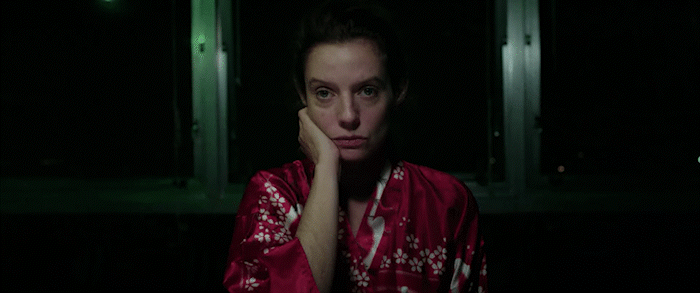
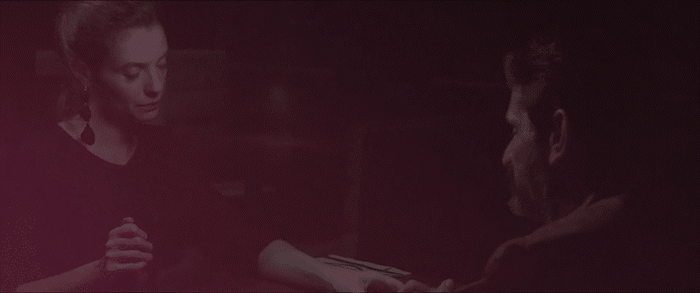
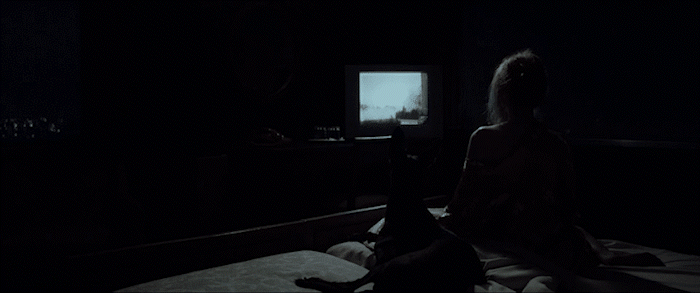
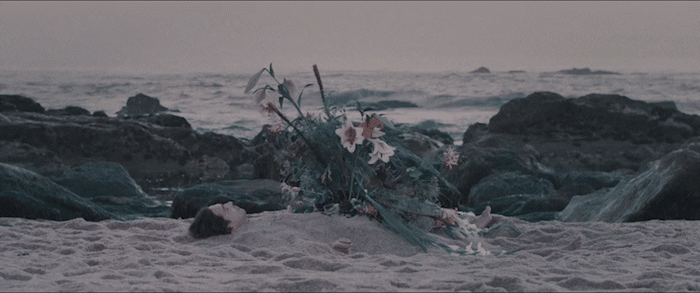
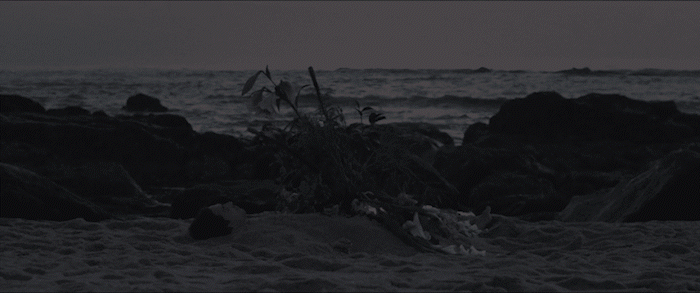
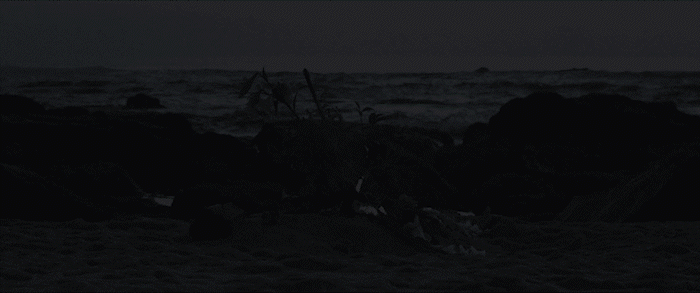



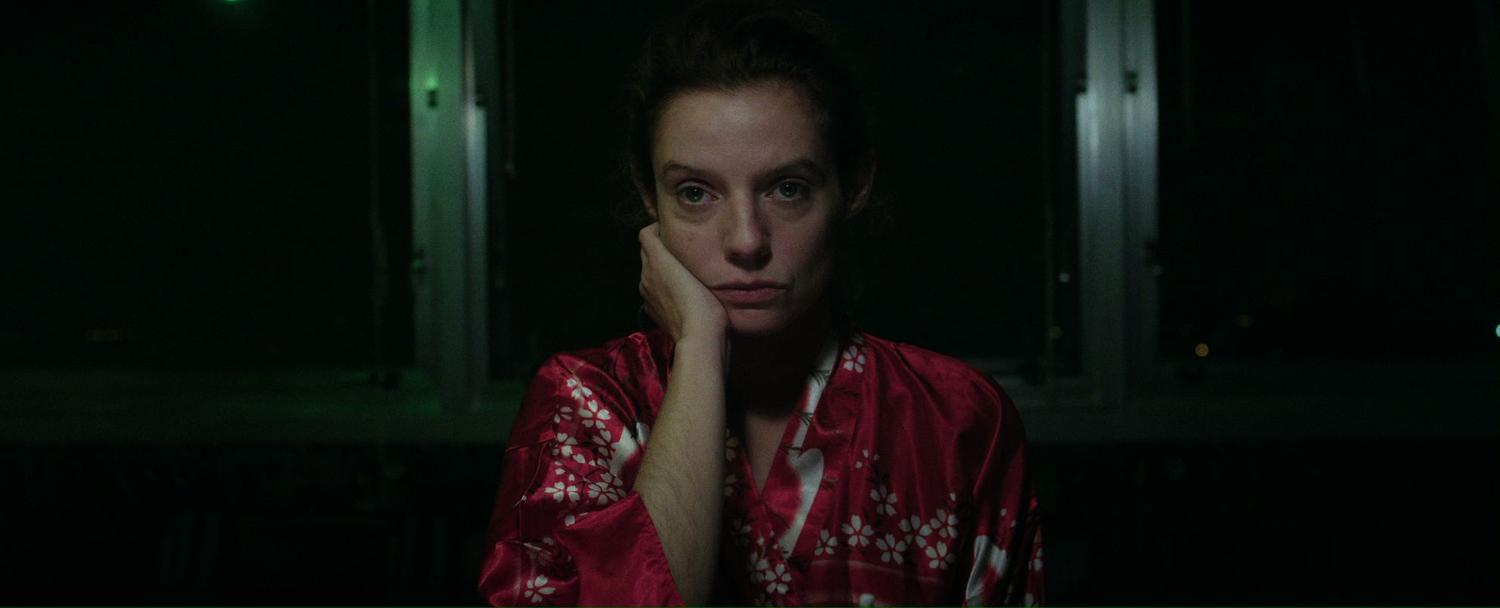

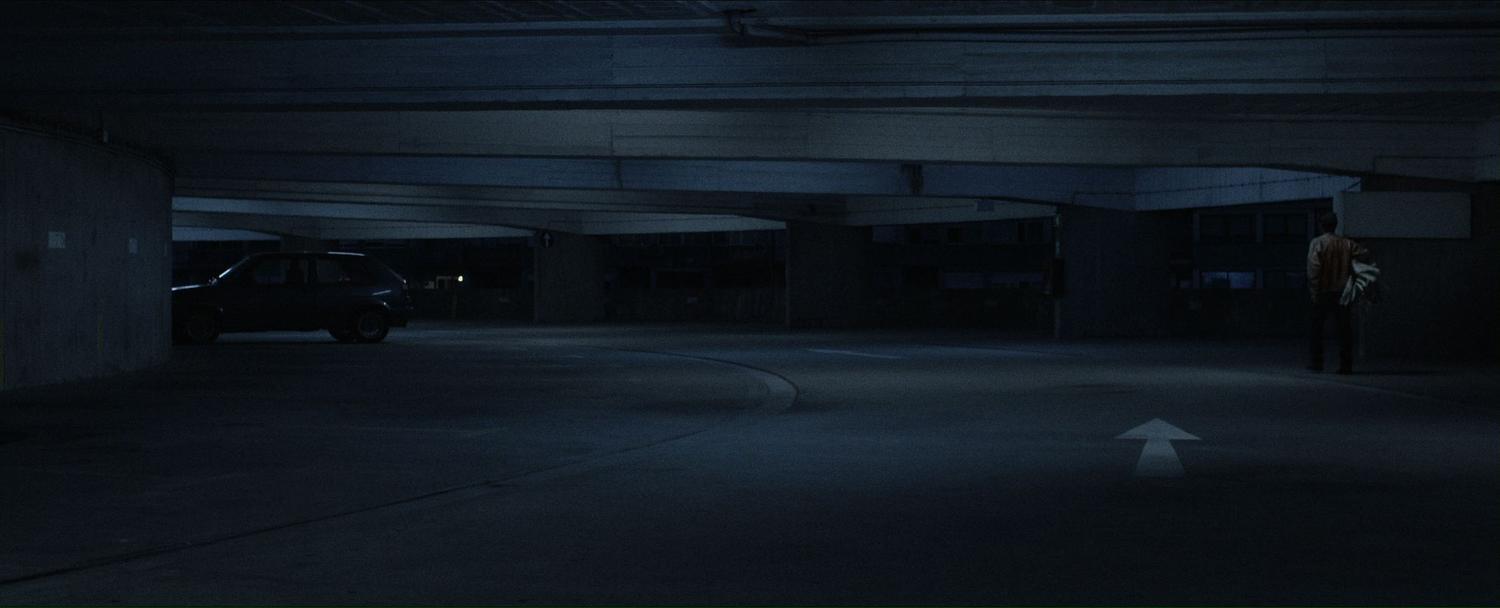




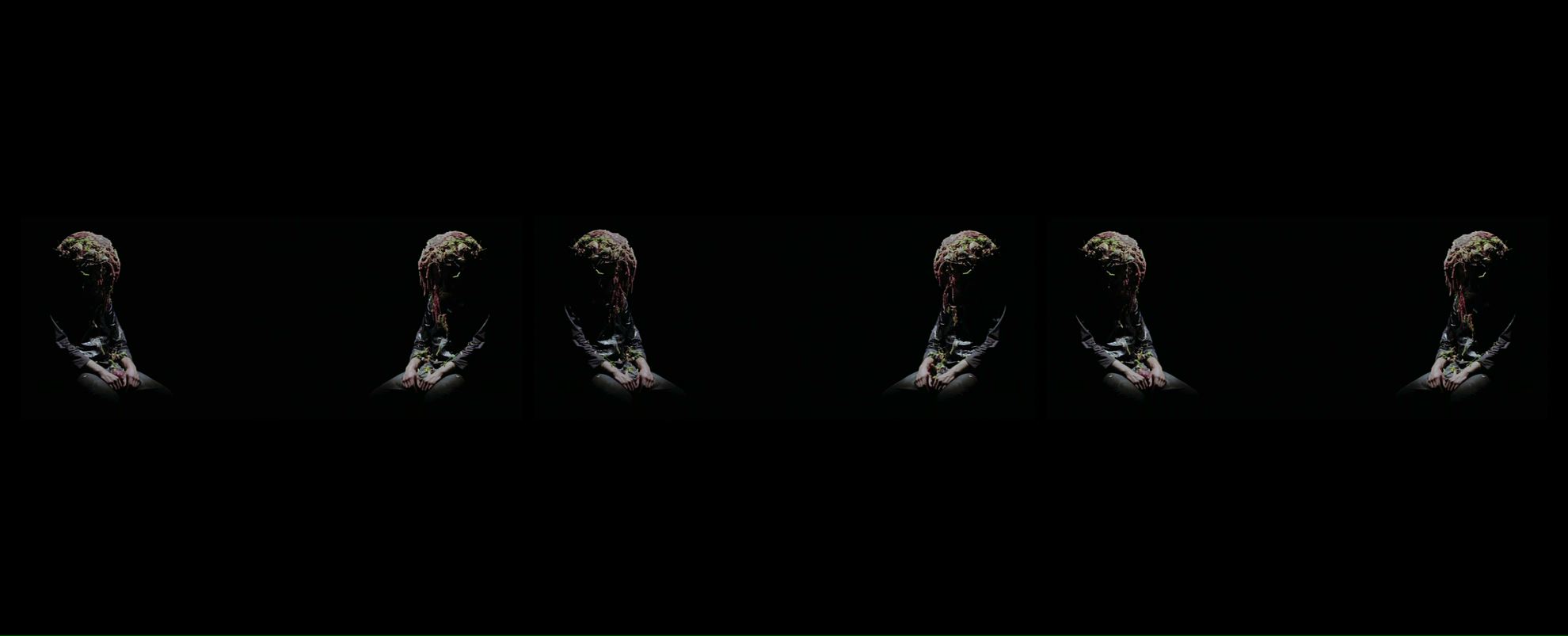

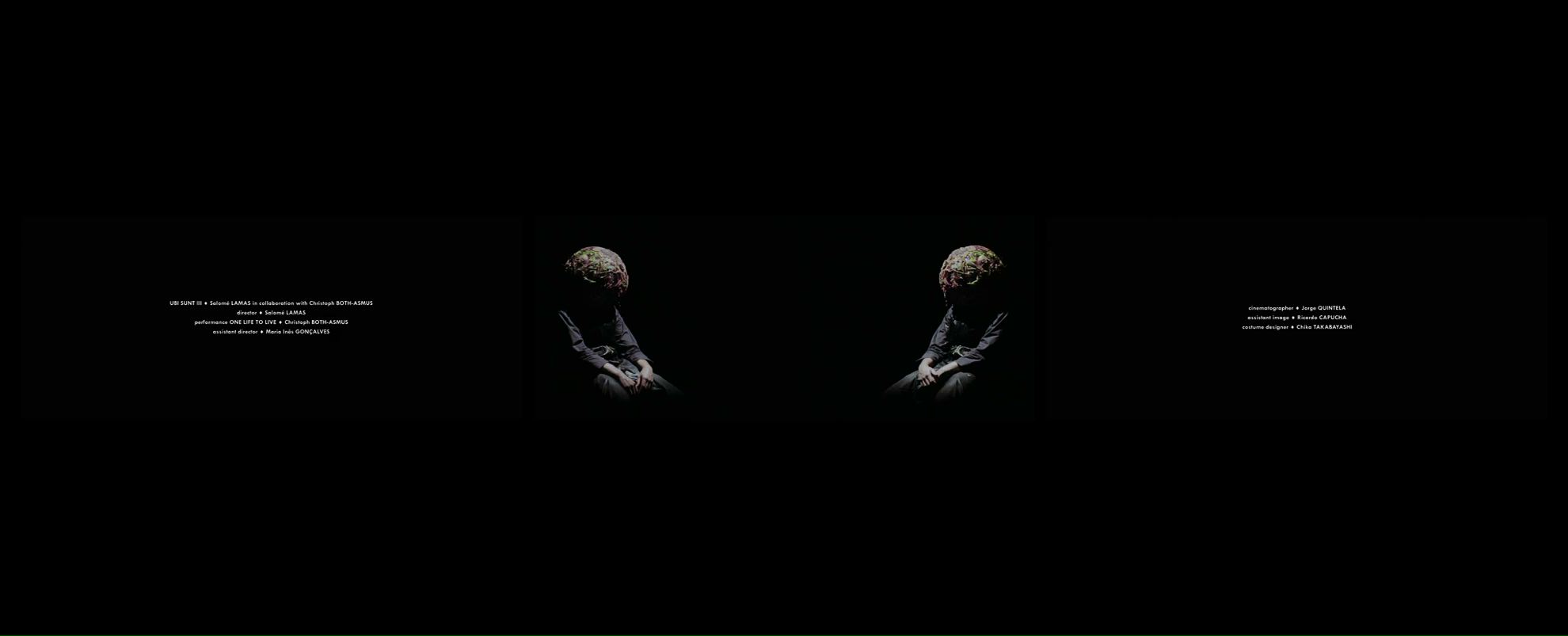
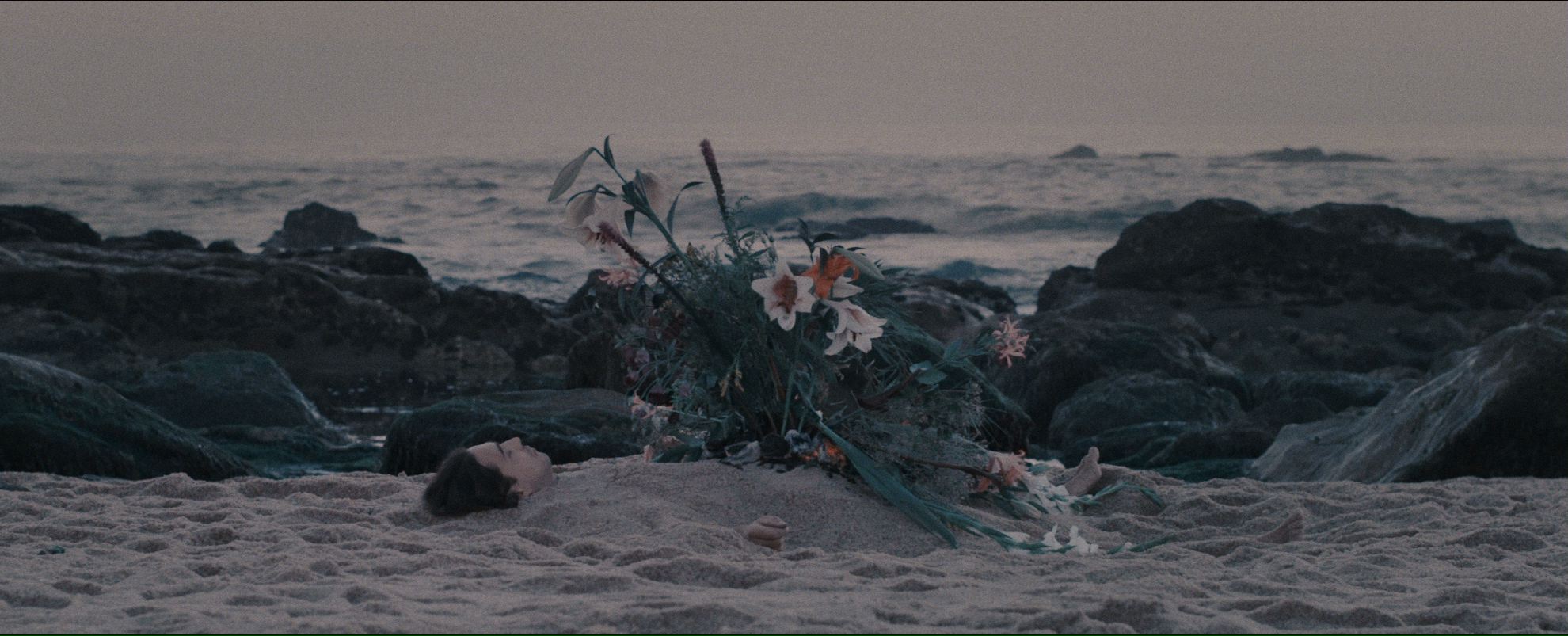

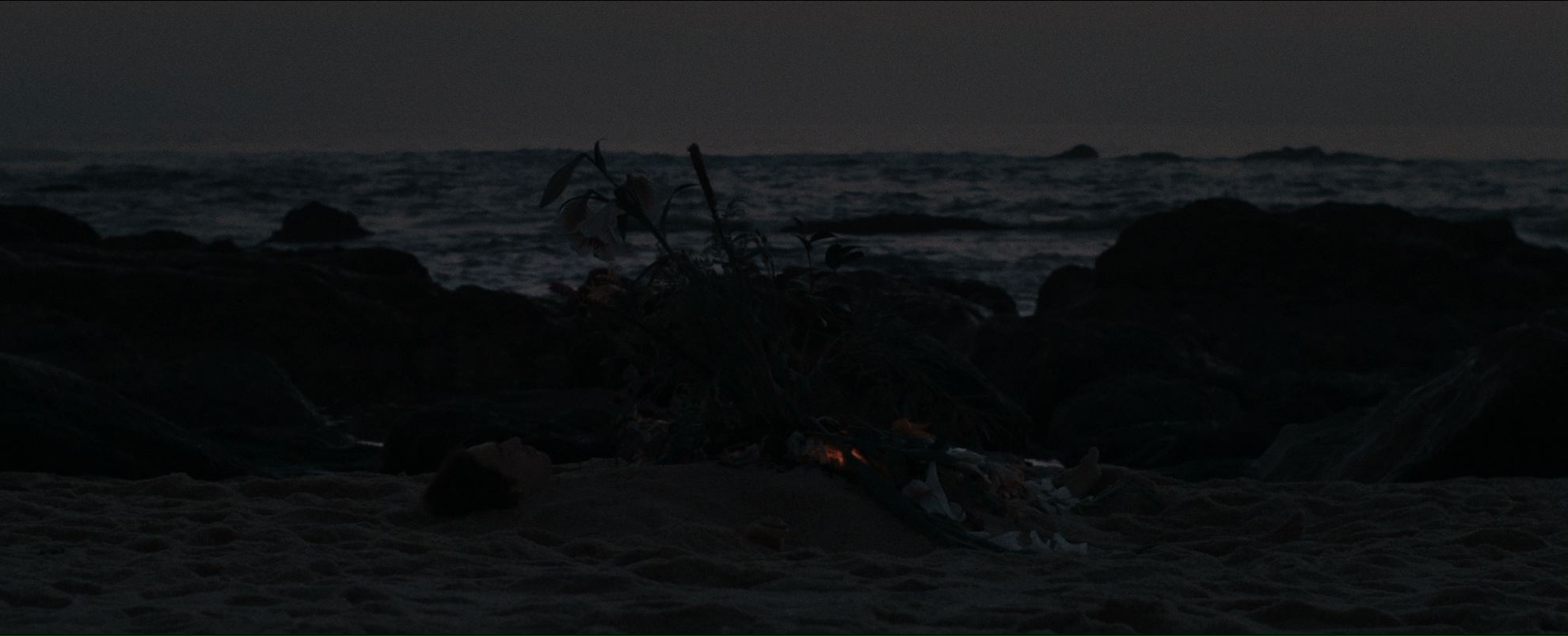

What leads any of us to seek to preserve the life of the other?”
Freud, Einstein, Foucault, Fanon, Benjamin, Gandhi, Kant, Hegel, Klein, Butler
Some abiding truth of infantile life continues to inform our political lives as well as the forms of dissociation and deflection out of which phantasies of sovereign self-sufficiency are born.” We encounter ourselves in each other. We are, as it were, always given over to another, to others.
Violence thrives in our denial of this given-over-ness through complex fantasies of self-sufficiency.
Violence shouldn’t be seen as tactically necessary in order to defeat structural or systemic violence, or to dismantle a violent regime,
The practice of nonviolence requires an opposition to biopolitical forms of racism and war logics that regularly distinguish lives worth safeguarding from those that are not.
We need an altered state of perception, another imaginary, that would disorient us from the givens of the political present,” the givens of prisons, of policing, of military occupation: the givens of violence.
When I do violence to another human being, I also do violence to myself, because my life is bound up with this other life.
Yaron Dahan, On Mortality MUBI Notebook
What leads any of us to seek to preserve the life of the other?”
Freud, Einstein, Foucault, Fanon, Benjamin, Gandhi, Kant, Hegel, Klein, Butler
Some abiding truth of infantile life continues to inform our political lives as well as the forms of dissociation and deflection out of which phantasies of sovereign self-sufficiency are born.” We encounter ourselves in each other. We are, as it were, always given over to another, to others.
Violence thrives in our denial of this given-over-ness through complex fantasies of self-sufficiency.
Violence shouldn’t be seen as tactically necessary in order to defeat structural or systemic violence, or to dismantle a violent regime,
The practice of nonviolence requires an opposition to biopolitical forms of racism and war logics that regularly distinguish lives worth safeguarding from those that are not.
We need an altered state of perception, another imaginary, that would disorient us from the givens of the political present,” the givens of prisons, of policing, of military occupation: the givens of violence.
When I do violence to another human being, I also do violence to myself, because my life is bound up with this other life.
Yaron Dahan, On Mortality MUBI Notebook
Yaron Dahan, On Mortality MUBI Notebook
